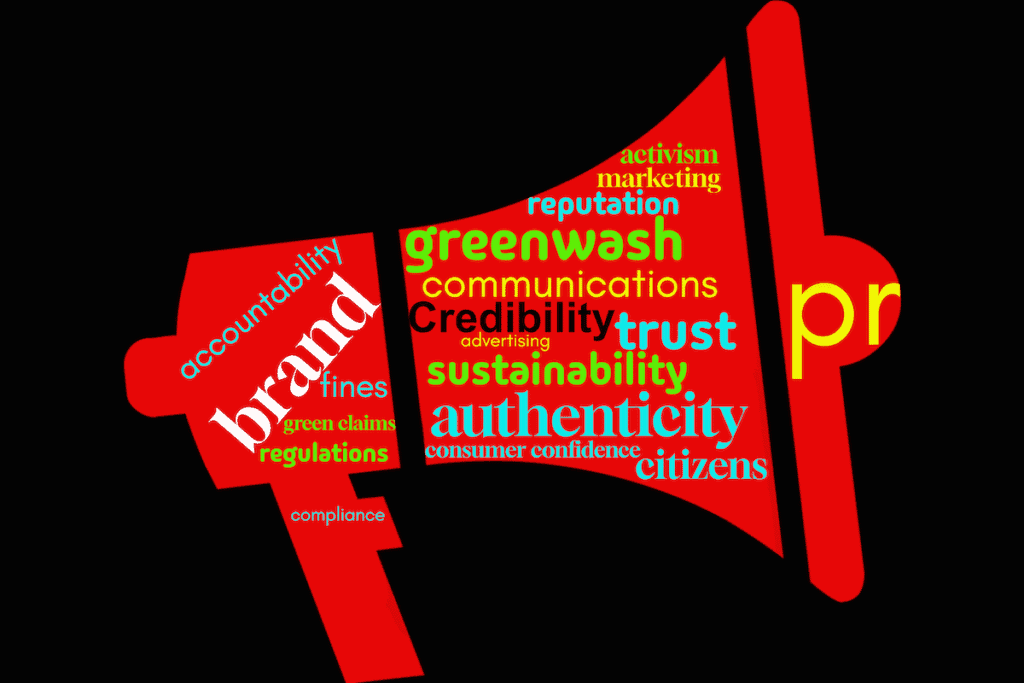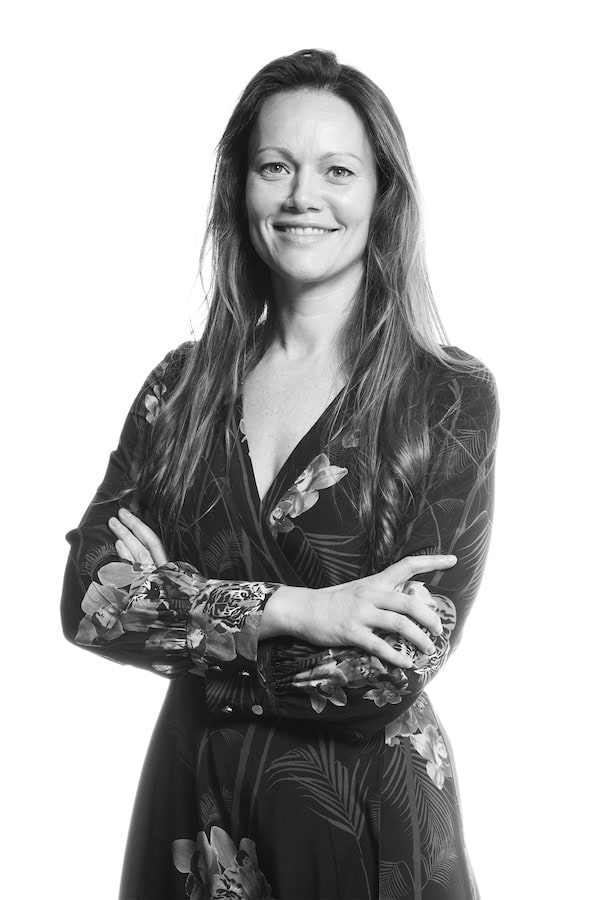
In this SustMeme Guest Post, Kirstie David, Strategy Director at Conran Design Group and Leader with The Climate Reality Project, looks at why consumer distrust is growing, and how sustainability helps secure and drive brand growth.
KD: In the age of scepticism, audiences no longer believe everything they hear.
Not only is misinformation rife and trust low, but organisations like Changing Markets Foundation, Earth.org, and Eco-Bot.Net (to name just a few) are actively helping consumers detect spin and call it out.
Going forward, this means the brands that thrive will be those that build credibility through substance, action, accountability and consistency. For many, there is some way to go, and work to do.
Consumer scepticism is rife
In a mistrustful market, we see two influencing factors at play.
First, more stringently enforced regulations and heftier fines — which mean brands that mislead with environmental claims (intentionally or otherwise) will pay the price.
At the same time, and perhaps unsurprisingly, consumer scepticism has become a default mindset — as evidenced by the revealing numbers in our Citizen Brands 2025 study:
- 68% of consumers are sceptical of companies’ claims about helping the environment; and
- 56% believe brands spend too much time talking about their good deeds rather than delivering them.
Credibility, when it comes to a brand’s commitment to societal issues, is therefore more critical than ever.
In short, trust is both hard to win and easy to lose.
High cost of greenwashing
In recent years, brands like Deutsche Bank, IKEA, Volkswagen and Innocent have faced public backlash and financial penalties for overstating their environmental impact.
And as the need for more responsible business grows, there’s a lock-step trend for tightening regulations.
This trend is driving new climate disclosures like the EU Green Claims Directive, for example, designed to protect consumers and level the playing field for companies that invest in authentic sustainability.
Greenwashing undermines credibility on all fronts. So, when your commitment to sustainability gets questioned, you risk being seen as careless and insincere at best, deliberately deceptive at worst.
Risk of connection deficit
The reputational risk is systemic.
For those that come under fire, damage isn’t confined to fines or eroding consumer trust. It undermines trust across the full ecosystem of stakeholders from employees and investors, to partners and the public.
Importantly, Citizen Brands identified a growing ‘connection deficit’.
This is not just a gap between consumer expectation and brand delivery, but a deeper misalignment between what companies say, what they do, and what audiences across society believe.
With 85% of investors and 82% of marketing leaders admitting that companies are struggling to reconcile people, planet and profit, businesses that can demonstrate credibility through their brand and communications will find themselves wielding a strong competitive advantage.
Bridging and brand alignment
But what does this mean in practice?
In Citizen Brands, we identified six levers of brand performance: Reliability, Betterment, Originality, Inclusivity, Environmentalism and Contribution.
Critically, these aren’t marketing levers; they’re behaviours. And the brands that activate across all six levers outperform their peers by 37% in revenue growth and 93% in equity price gains.
The brands winning trust and bridging the deficit are the ones aligning brand, values, operations and communications consistently and authentically in their corporate story.
It’s no longer enough to communicate purpose or broad ideals around societal good. Brands must be able to operationalise their claims: from supply chains and product development, to partnerships and culture.
What comes next?
Credibility comes from embedded behaviour and should be directly linked to your corporate and brand story.
It’s not about reactive PR or nicely worded claims: it’s about shifting your mindset from sustainability for the sake of compliance to sustainability as a driver of transformation and ultimately commercial growth.
For those holding the pen and communicating the corporate story, this is an opportunity to demonstrate that sustainable growth isn’t only possible; it’s advantageous.
Success will come to brands that act like responsible citizens, not just businesses with profit targets to hit.

Strategy Director at Conran Design Group, Kirstie David has been developing brand and comms strategies that tackle themes like the energy transition, and systemic risks like climate change, biodiversity loss and modern slavery, for more than 17 years. Working with regulators to help navigate the increasingly complex world of greenwashing, she is passionate about creating authentic brands and stories. A Leader with The Climate Reality Project, Kirstie is also a member of the International Environmental Communication Association (IECA). Founded in 1957 by Sir Terence Conran, Conran Design Group is the flagship brand and design consultancy at Havas, one of the world’s largest global communications networks, with more than 23,000 people in over 100 countries.
Further Reading:
- More about Conran Design Group; and global communications network Havas;
- More about the Citizen Brands 2025 framework and study;
- More on the EU Green Claims Directive;
- Also on SustMeme, Beyond the Label: Transparency not just taglines;
- Also on SustMeme, Rise in ESG risks linked to greenwashing;
- Also on SustMeme, ‘Green Day’ heat no reason for ‘greenhush’;
- Also on SustMeme, Investors name and shame on human rights;
- Also on SustMeme, Is greenwash the new goldrush for litigation?
You can check out the full archive of past Guest Blog posts here.
Would you like to Guest Blog for SustMeme? For more info, click here.
SUSTMEME: Get the Susty Story Straight!






